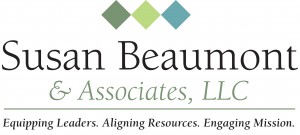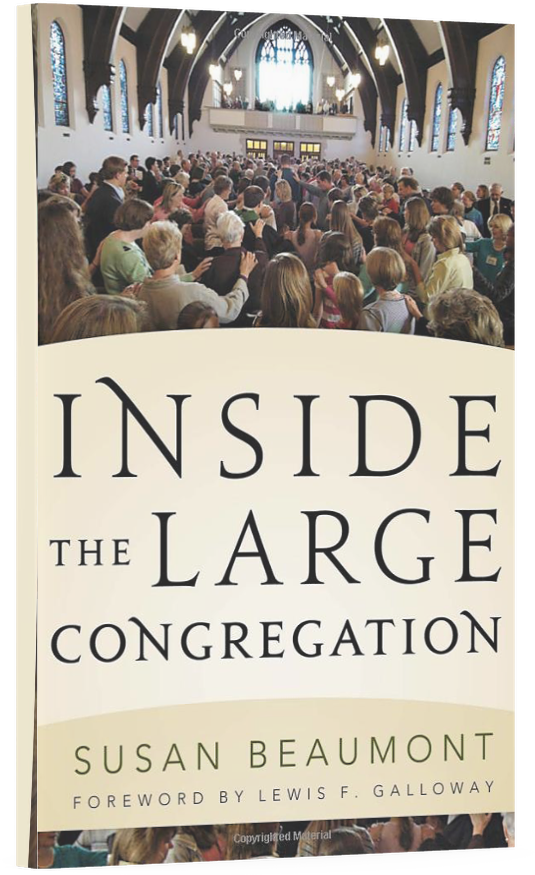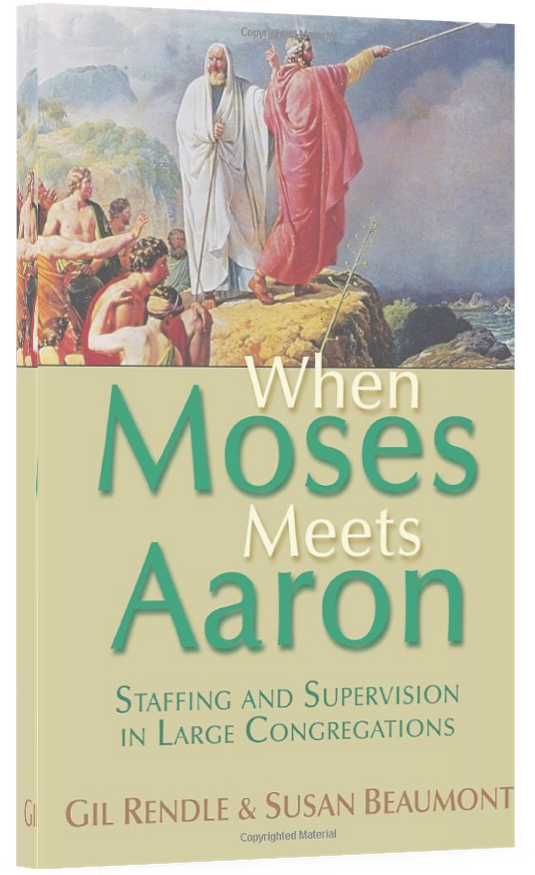Many of the senior clergy leaders I encounter are overburdened with administrative detail that they can’t figure out how to delegate. The common battle cry is, “It’s just easier to do it myself.” Many administrative assistants report having excess time on their hands, but they can’t get their clergy leaders to give them more meaningful work to do. What’s going on here? I suspect that many clergy leaders can’t figure out how to effectively work with an executive assistant (EA) because no one has ever taught them how to do so. When I encounter a high functioning clergy/admin team I often ask them what the key is to their good working relationship. More often than not, the clergy leader tells me that the executive assistant trained him in how to work effectively with an assistant. Let’s face it. This is not one of the skill sets that we learn in seminary. And it’s not necessarily intuitive.
The good EA often knows how to diplomatically wrestle work away from the senior clergy leader that could more effectively be done by the EA. A good assistant is fierce, but appropriate, in guarding access to the senior clergy leader. A good working relationship between the senior clergy leader and her executive assistant saves the clergy leader valuable time. But the relationship can be so much more than that.
The effective EA functions as an extension of the senior clergy leader. People will often regard a conversation with the EA as a point of contact with the pastor. Good EA’s provide an invaluable pastoral care function, listening compassionately and making careful decisions about who needs to see the senior clergy leader and who can be directed elsewhere. Through the use of basic listening skills the EA often communicates the presence of the pastor, without the pastor actually having to be present. A good EA is invaluable at triaging situations and figuring out when to intercept someone who is simply looking for help and doesn’t know where to find it. People learn to respect the fact that a message delivered to the EA is as good as a message delivered to the pastor (maybe even more reliable!)
Here are some of practices that seem to contribute to an effective working relationship between clergy and their executive assistants:
- Be absolutely clear about the lines of responsibility and authority. What responsibilities can the EA assume without needing any involvement from you? In what situations do you need to be consulted before a decision is made? In what situations can the EA make a decision and simply inform you after the fact?
- Meet daily to review your calendar, review your to do lists, establish priorities and communicate around deadlines. Make your wishes clear about how you would like him to handle situations anticipated on that day.
- Have your assistant attend all staff meetings so that she understands key issues, workflow and the expected timing of things.
- Give your assistant authority to process your inbox and your email inbox. Your assistant should be able to go through your physical and your email inbox to cull out the garbage, identify and process the routine stuff and forward only those things that need your personal attention.
- Train your assistant to handle all routine correspondence. An assistant armed with the knowledge of your policies, your preferences, your style and a few good templates can handle routine items. You can maintain control, if needed, by personally signing everything before it goes out.
- Listen to your assistant. A high functioning assistant will often have a better feel for the pulse of the congregation than you do. He will know who needs attention, a personal contact, or how to best approach a potential conflict scenario.
Think of your executive assistant as a manager, not as clerical support. The EA in the large congregation is a powerful position with lots of decision making authority. Your EA should function as an invaluable member of your team.
Photo Credit: kogakure



